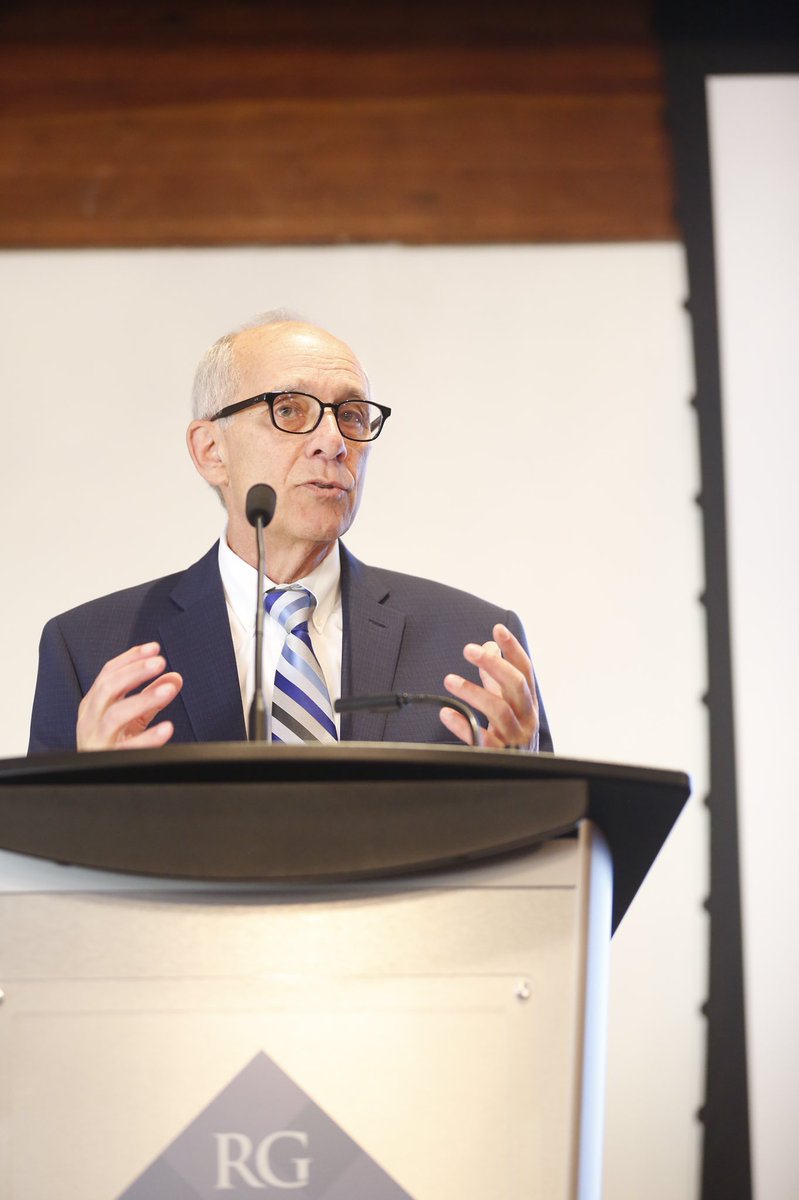Canada News
Alberta Party, meeting in Edmonton, eyeing reduction to provincial carbon tax

“We have to heat our houses. I know people have to drive as well, too, but there are things you can do using less energy in driving,” said Mandel. (File Photo: @SMandel_AB/Twitter)
EDMONTON – Alberta Party Leader Stephen Mandel is taking aim at the province’s carbon tax, saying it needs to be changed but that axing it is not the magic wand for a province running multibillion-dollar deficits.
“I find it fascinating that this carbon tax is such a major issue,” Mandel told about 485 party members Saturday in a speech at their annual convention.
“It just seems simpler to say, ‘We’ll eliminate the carbon tax’ and everybody thinks everything is going to be in balance. It won’t be.
“We’re still going to have problems. We still to need to find out how we’re going to deal with the massive deficit and debt this province has.”
Mandel later told reporters his party is looking at a climate plan that would focus on heavy emitters and improving technology to reduce greenhouse gases, which is similar to the policy being pursued by the opposition United Conservatives.
Mandel said they would eliminate the portion of the current provincial carbon tax on home and business heating, while leaving it on gas for trucks and cars, given that there are more options in transportation.
“We have to heat our houses. I know people have to drive as well, too, but there are things you can do using less energy in driving,” said Mandel.
The carbon tax, launched under Premier Rachel Notley’s NDP government, is expected to be a key issue in the upcoming spring election.
The United Conservatives under Jason Kenney have promised to make legislation eliminating the tax the first order of business should they win government.
Kenney has said the tax punishes working Albertans while failing to make a meaningful dent in greenhouse gas reductions in the fight against climate change.
He has said that chopping the tax is just one pillar of a financial strategy that also includes spurring business through cuts in regulations, along with a spending freeze or modest reductions in departmental budgets.
Alberta’s deficit is $7.8 billion this year with a projected debt of $53 billion.
On Saturday, Alberta Party rank and file approved a policy resolution calling for a review of public spending coupled with changes to the taxation model that would provide reliable revenue.
Mandel said that in the coming weeks the party will flesh out their fiscal platform with specifics, but said it won’t involve implementing a sales tax.
“Albertans are frustrated with the level of spending we have right now. Many people feel we have a spending problem rather than necessarily just an expense problem,” said Mandel.
Other resolutions passed by members include: improving health care while reducing costs through measures such as eliminating unnecessary tests; removing barriers to business development; and committing a portion of resource revenue to help balance the books and save for the future.
A motion to reduce public funding for private schools was sent back for further study.
The party is working to make its mark in the election after microscopic results in 2015 in which it garnered just 2.2 per cent of the popular vote. One member, Greg Clark in Calgary Elbow, was elected to the legislature.
The party is positioning itself in the middle of the political spectrum, having the fiscal conservatism of the United Conservatives and the social conscience and progressive values of the NDP.
The party has 42 of 87 candidates nominated so far compared with 35 who ran in the 2015 election.
It has three members in the legislature: Karen McPherson coming over from the NDP and Rick Fraser left the United Conservatives to join.
Fundraising remains a concern. Figures released this week show the Opposition United Conservatives have raised almost $2.7 million in the 2017-18 fiscal year compared with $1.9 million for the NDP.
The Alberta party is third at $235,700.





















